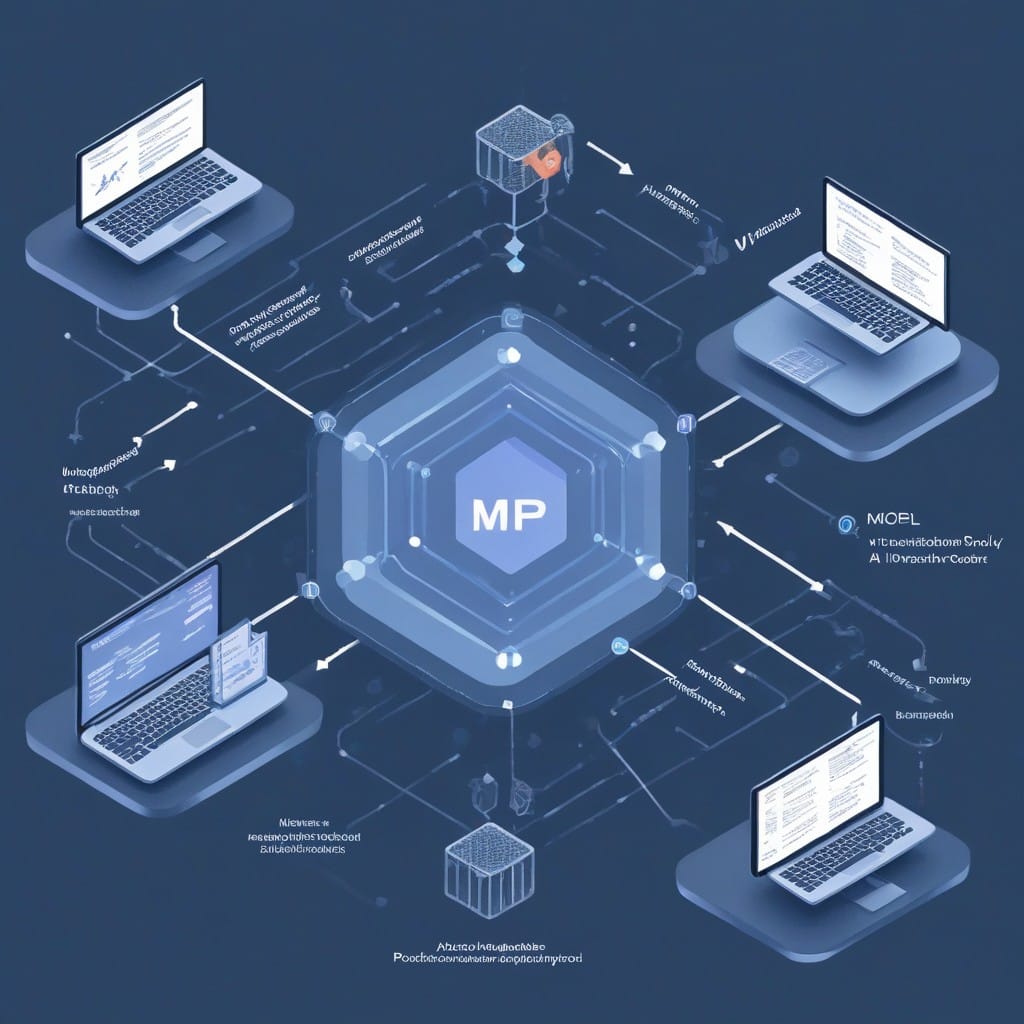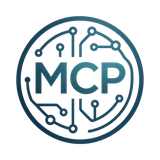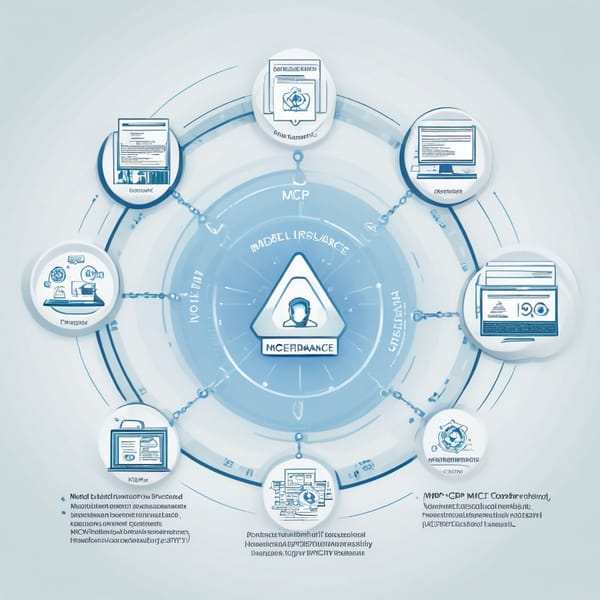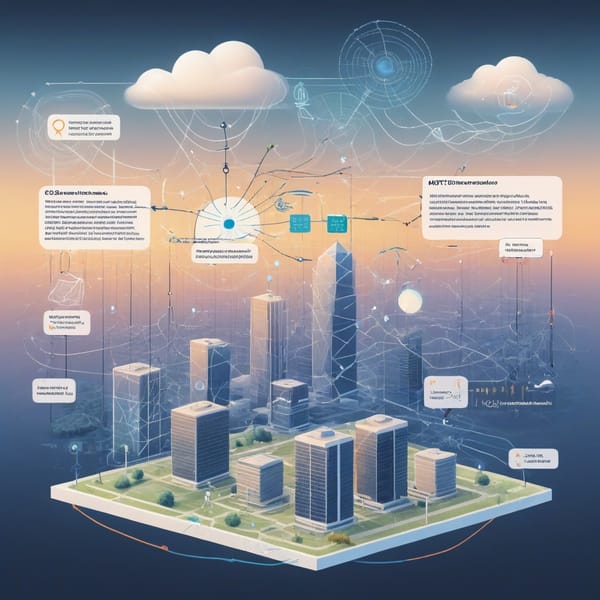Optimizing Policy Renewals with Model Context Protocol (MCP) and AI-Driven Workflows

Project Overview
The Model Context Protocol (MCP) Policy Management project aimed to revolutionize policy renewal workflows by integrating CRM resource servers with AI-powered chatbot dialogue tools. The goal was to streamline policy renewals, reduce manual intervention, and enhance customer engagement through automated, context-aware interactions.
Targeted at insurance and financial service providers, the solution leveraged protocol-optimized renewal workflows to minimize processing delays, improve compliance, and deliver a seamless customer experience. By combining structured CRM data with conversational AI, the project transformed traditionally cumbersome renewal processes into efficient, user-friendly interactions.
Challenges
- Inefficient Renewal Processes: Manual policy renewals were time-consuming, error-prone, and led to customer dissatisfaction due to delays.
- Low Customer Engagement: Traditional email/SMS reminders had low response rates, leading to lapsed policies.
- Data Silos: CRM systems and customer communication tools operated independently, preventing real-time updates.
- Compliance Risks: Manual workflows increased the risk of regulatory non-compliance in policy documentation.
- Scalability Issues: Existing systems struggled to handle high-volume renewals during peak periods.
Solution
The MCP Policy Management system introduced a hybrid approach combining CRM automation and AI-driven dialogue tools to optimize renewals. Key components included:
1. Protocol-Optimized Workflows
- Automated triggers for renewals based on CRM data (e.g., policy expiration dates).
- Dynamic prioritization of high-value or at-risk policies.
2. Chatbot Dialogue Tools
- Context-Aware Chatbots: AI assistants engaged customers via SMS, WhatsApp, and web chat, using natural language processing (NLP) to guide them through renewals.
- Personalized Reminders: Proactive notifications with embedded renewal links and policy summaries.
3. CRM Resource Server Integration
- Real-time synchronization between chatbot interactions and CRM records.
- Automated documentation updates to ensure compliance.
4. Self-Service Portals
- Customers could review, modify, or renew policies via a unified dashboard.
Tech Stack
| Component | Technology Used |
|---|---|
| Backend | Node.js, Python (FastAPI) |
| CRM Integration | Salesforce REST API, Microsoft Dynamics |
| Chatbot Framework | Dialogflow, Rasa |
| Database | PostgreSQL, Firebase (for real-time sync) |
| AI/ML | NLP (spaCy, BERT), Predictive Analytics |
| Frontend | React.js, Flutter (for mobile) |
| Cloud Infrastructure | AWS Lambda, Azure Functions (serverless) |
Results
After implementation, the MCP system delivered measurable improvements:
Operational Efficiency
- 70% reduction in manual renewal processing time.
- 40% faster policy updates due to real-time CRM sync.
Customer Engagement
- 50% increase in renewal completion rates via chatbot interactions.
- 30% higher customer satisfaction scores (CSAT) due to personalized reminders.
Compliance & Risk Mitigation
- 100% audit-ready documentation with automated record-keeping.
- Zero compliance breaches during the first year post-deployment.
Scalability
- Successfully handled 500K+ renewals annually without additional staffing.
Key Takeaways
- Automation + AI Enhances Efficiency: Combining structured workflows with conversational AI significantly reduces manual effort while improving accuracy.
- Context Matters: Chatbots using MCP to retrieve CRM data in real-time deliver hyper-personalized experiences.
- Seamless Integration is Critical: Tight coupling between CRM systems and dialogue tools ensures data consistency.
- Self-Service Drives Adoption: Customers prefer quick, digital renewals over traditional call-center processes.
- Future-Proof with Scalable Tech: Serverless architecture and modular design allow easy adaptation to new regulations or channels.
By deploying MCP Policy Management, organizations can transform policy renewals from a cost center into a competitive advantage—boosting retention, compliance, and customer trust.
Word Count: 800




